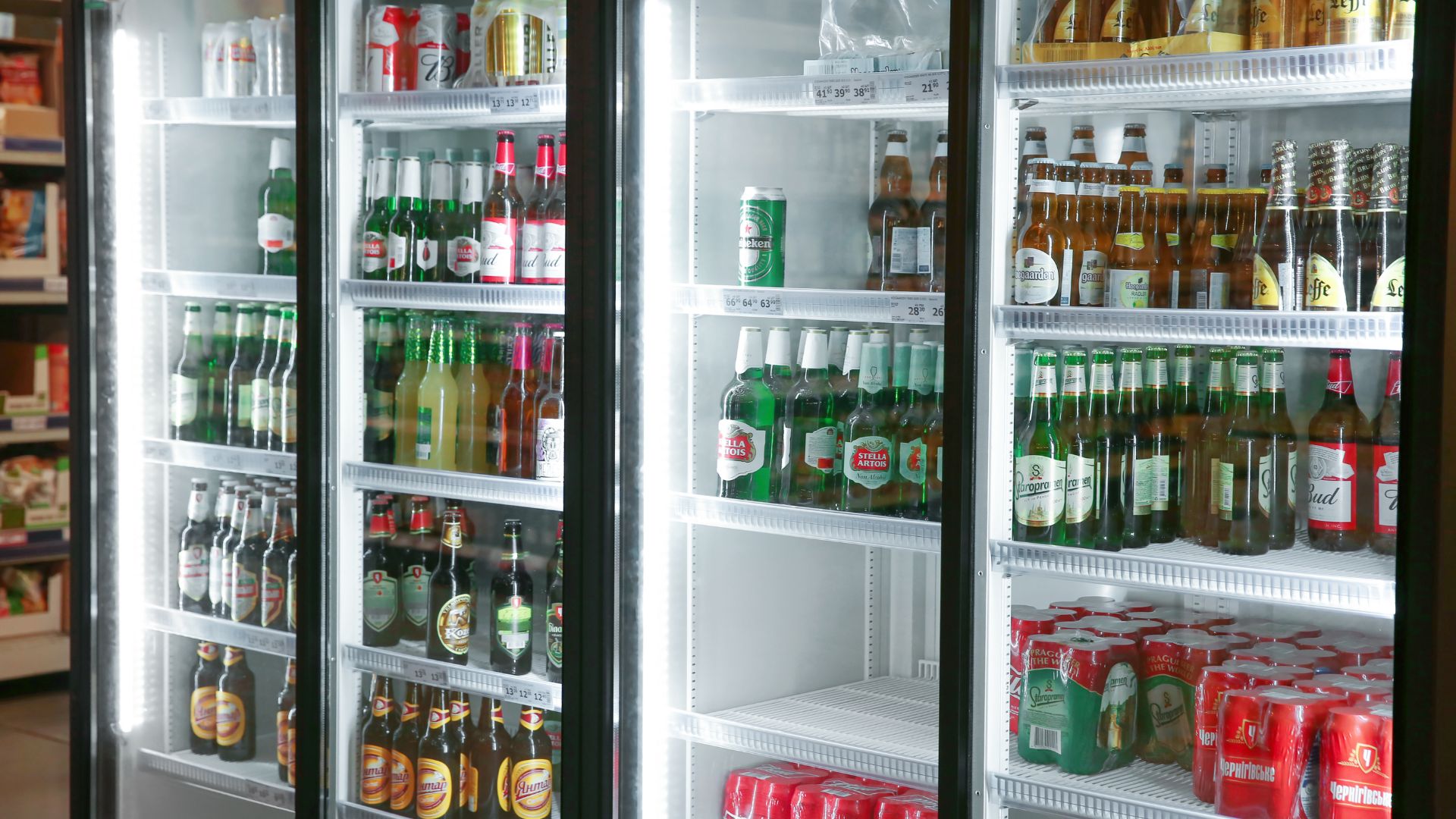Refrigeration has played a critical role in the food and beverage industry for over a century. The ability to store and transport perishable goods has revolutionized the way we produce, distribute, and consume food and beverages. In this article, we will explore the role of refrigeration in the food and beverage industry and how it has transformed the way we live and eat.
Preservation of Fresh Produce
One of the primary uses of refrigeration in the food industry is to preserve fresh produce. Fruits and vegetables are highly perishable and can quickly spoil if not stored at the appropriate temperature. Refrigeration slows down the process of decay, extending the shelf life of fresh produce and allowing it to be transported over long distances.
Storage and Distribution of Meat and Dairy Products
Refrigeration is also essential for the storage and distribution of meat and dairy products. These products can spoil quickly at room temperature, making it essential to keep them chilled during storage and transport. By storing these products in a refrigerated environment, they can be preserved for longer periods of time, reducing waste and ensuring that consumers have access to fresh and safe food.
Food Safety
Refrigeration plays a critical role in maintaining food safety. Bacteria and other microorganisms can grow rapidly in food that is not properly stored, leading to foodborne illness. Refrigeration helps to slow down the growth of bacteria and other pathogens, reducing the risk of foodborne illness and ensuring that food is safe to eat.
Increased Efficiency and Cost Savings
Refrigeration technology has improved dramatically over the years, leading to increased efficiency and cost savings in the food industry. Modern refrigeration systems are more energy-efficient, reducing the cost of operation and minimizing the environmental impact of refrigeration.
Innovative Applications
Refrigeration has also led to innovative applications in the food industry. For example, blast chillers are used to quickly cool food to a safe temperature, reducing the risk of bacterial growth. Vacuum cooling is another innovative application of refrigeration that allows produce to be cooled quickly and efficiently, preserving its quality and extending its shelf life.
In conclusion, refrigeration has played a critical role in the food and beverage industry for over a century. Its ability to preserve fresh produce, store and distribute meat and dairy products, maintain food safety, increase efficiency and cost savings, and enable innovative applications has revolutionized the way we produce, distribute, and consume food and beverages. As the food industry continues to grow and evolve, refrigeration will undoubtedly continue to play a vital role in ensuring that we have access to fresh, safe, and nutritious food.


